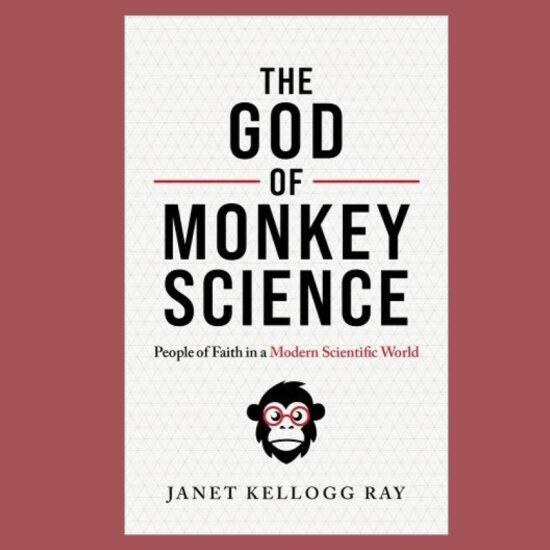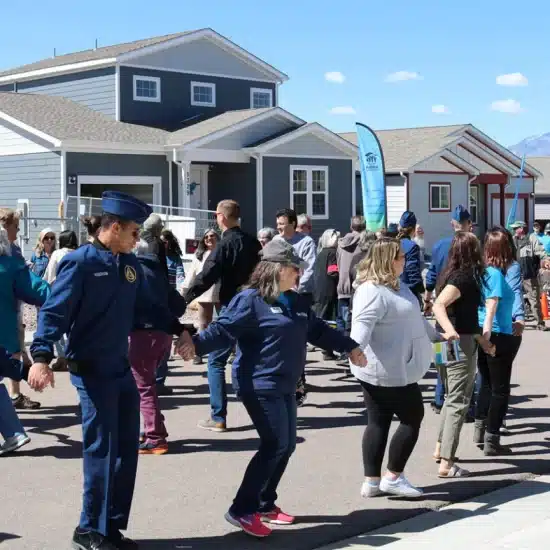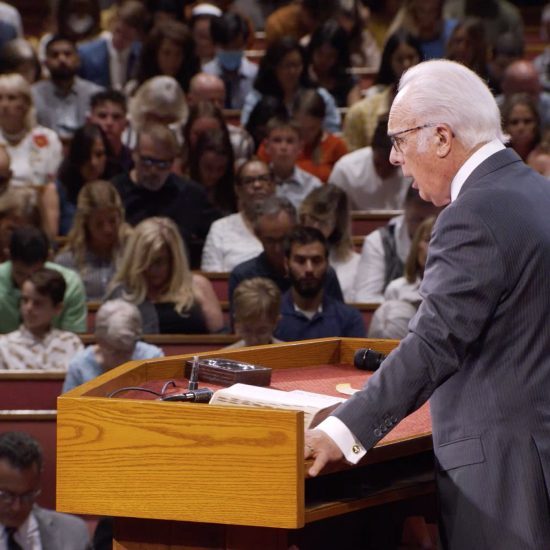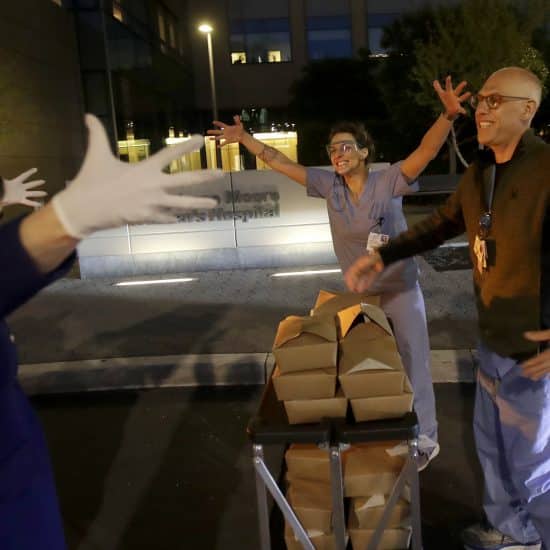In case you've missed it, this is the season for gift purchases. I began receiving e-mail notices for Black Friday, pre-Black Friday and the-day-before-Black Friday sales weeks ago.

Bill Webb
|
Black Friday is the day after Thanksgiving, of course. It is billed as the busiest shopping day of the year. Products are supposed to be in great supply and available at low prices. The exception to the "great supply" part is the category called "blockbuster deals," usually available only for those who begin lining up at store entrances during the night for a chance to bag extraordinarily good purchases on a very limited number of items. Sorry, no rainchecks on these!
Not to worry. If what you rolled out of bed at 4 a.m. to purchase is not available, hundreds of other items are – many of them at better prices than usual. What seems to matter most is simply that we buy for those for whom we are expected to buy; what we buy is often of secondary importance. Just be sure to request a gift receipt. Gift recipients don't have to appreciate what we give them; they can return those items and buy what they wanted in the first place. Or perhaps they would prefer to pocket the cash.
How do I know so much about all of this? Because I have rolled out of bed at 4 a.m. on the day after Thanksgiving, and I have participated in this ritual of high expectations that too often ends with disappointing results. And any Black Friday in which I have participated as a shopper/consumer has featured cold temperatures often coupled with chilly drizzles if not outright downpours. I am shivering just thinking about it.
I suspect that if someone jumped up about now and made a motion that we have an additional Thanksgiving Day — this one the Saturday after Thanksgiving to give thanks that we survived another Black Friday — there would be an enthusiastic chorus of "second the motion!"
Is it really that bad? Probably not. But I feel better for having ranted about it.
Thankfully, there is an upside to this notion of digging into our pocketbooks and wallets as we anticipate Christmas. You don't have to look far to witness it.
A Sunday School department learned from a member who had participated in serving a weekly community meal for the needy in my community that the group needed to do more for a local benevolent care organization. A family with two little girls had come for the meal, and the mother acknowledged that they hadn't eaten regularly for days.
The point was brought home to this volunteer when the girls finished their meal, showed him they had cleaned their plates (a lesson they had learned from their mother and one that I learned from mine) and asked if they might please have a second hamburger.
His suggestion to the department was to take $50 or $60 from the fund that the group maintains to replenish the coffee supply and buy flowers for department members when they are ill or grieving and donate it to the local human needs shelter. The vote was unanimous, but I am sure the gift that eventually went to the Samaritan Center was even more than the $60 from the coffee fund. Hearing about that kind of need in our own communities touches a sympathetic nerve in all of us and prompts us to dig a little deeper to help out.
I saw it again on Sunday morning when I looked at all the Christmas shoeboxes that had been collected in the church foyer to help ensure that children whose parents probably were not darting store to store on Black Friday were not forgotten on Christmas morning. And I heard the report that dozens upon dozens of volunteers from the church of which I am a member provided, served and delivered nearly 500 turkey dinners to people in our community on Thanksgiving Day.
In my church, Sunday School classes and departments have a long tradition of sponsoring families in need at Christmas. Classes contribute above and beyond normal church giving to provide a balance between clothing and toys for the children in these families. Heroic acts of Christian charity happen in churches across the state and world.
It seems to me that in these difficult economic times, more people are stepping up than usual to do more — often with less — to plug the gaps of hunger and poverty that are very real in virtually all our communities. Many have set their sights on out-of-state communities known to be places of extreme need. It is something to see adults, teens and even children rallying enthusiastically to serve others in Christ's name.
Following Jesus' lead isn't always easy, but discerning his will in matters of meeting human need is hardly rocket science. It is easy to be cynical and reluctant to respond positively to obvious needs. Some people are experts at taking advantage of do-gooders, and they prompt us to be wary of even people like those youngsters at the community meal.
What would Jesus do? We can guess based on what he did. After a day of preaching and teaching to a crowd of thousands — many of them undoubtedly hungry and many others probably pretty well fed — he treated the whole lot. The not-so-hungry had the same amount of food available to them as the haven't-had-a-bite-in-three-days followers.
The God who so generously gave us his Son and the keys to his kingdom has no reason to tolerate miserly ministry. In fact, those two words cannot be used together correctly.
Remember, this isn't rocket science.
Bill Webb is editor of Word&Way and a member of First Baptist Church in Jefferson City.





